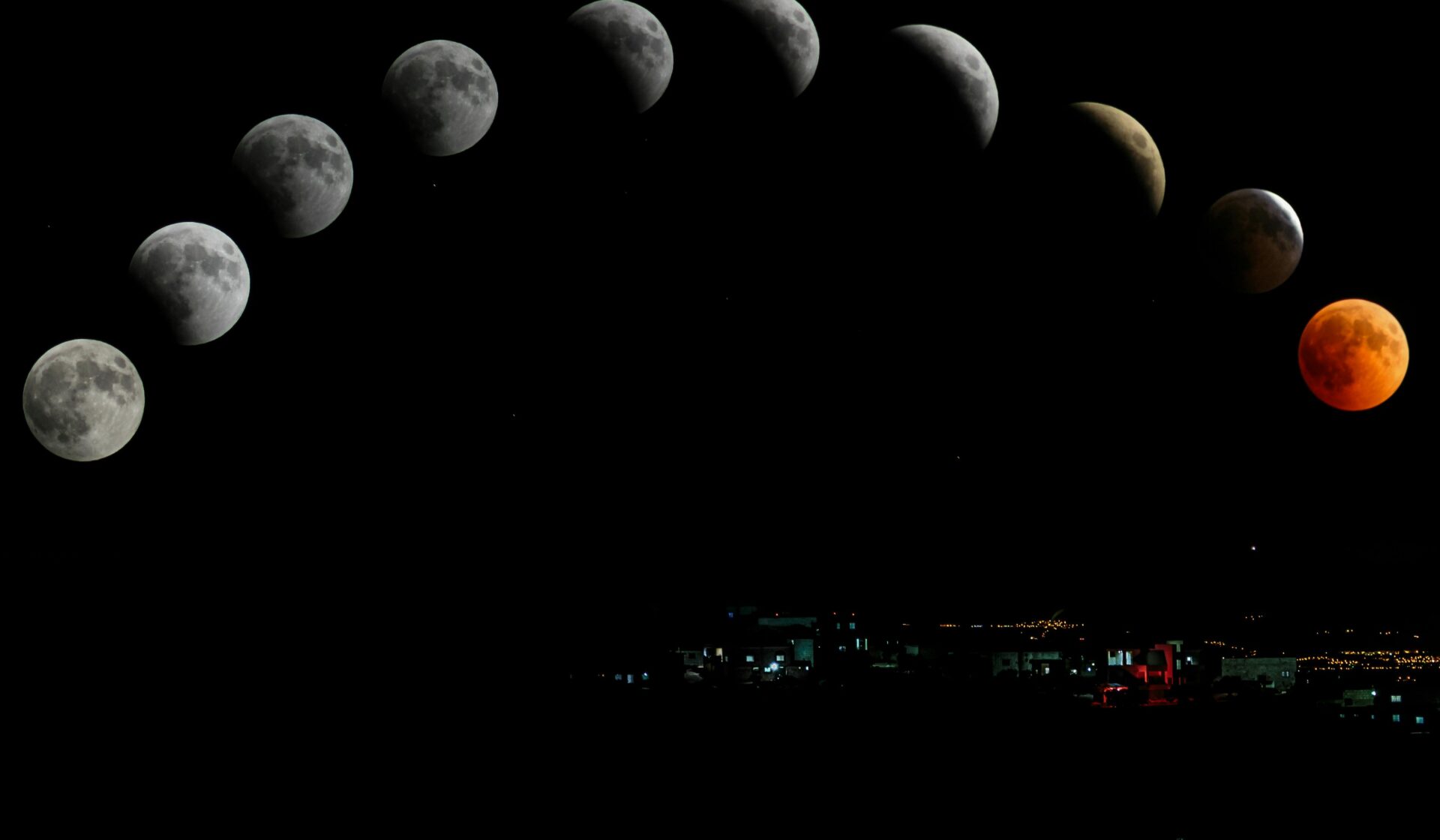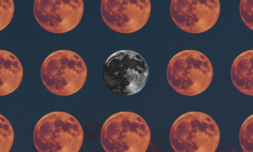Researchers have long dismissed such claims but surprising new evidence suggests that the lunar cycle does in fact subtly affect sleep, menstruation, and certain mental illnesses.
In astrology, the moon represents the inner world – namely our emotions.
Understanding how to work with its 29.5-day cycle has always been the aim of the astrologically inclined, even more so in the 21st century, with the mystical services market estimated to be worth billions due to social media users’ affinity for buying into this widely-disputed belief system.
Despite astrology’s domination of the zeitgeist, however, it continues to be rejected by the scientific community as having no explanatory power for describing the universe.
And while this will most certainly remain the case until proven otherwise, our perception of the moon and how it affects us may be about to change – thanks to science itself.
After decades of scepticism, researchers have uncovered surprising new evidence to suggest that it does indeed have a subtle influence on some people, specifically when it comes to cyclical phenomena such as sleep, menstruation, and the periodic mood swings of those suffering from bipolar disorder.
This notion that the moon can alter the body and mind just as it does the tides of the ocean has been around since time immemorial, of course (the very word ‘lunatic’ derives from the Latin term for moon), but only now has it been backed up by actual research.
The results of the study are enough to cast doubt on the long-standing consensus that this ‘far-fetched’ hypothesis should be rebuked and will transform what we know about human biology, reviving what renowned naturalist Charles Darwin was theorising two centuries ago.













 (@wunmiaramiji)
(@wunmiaramiji)







